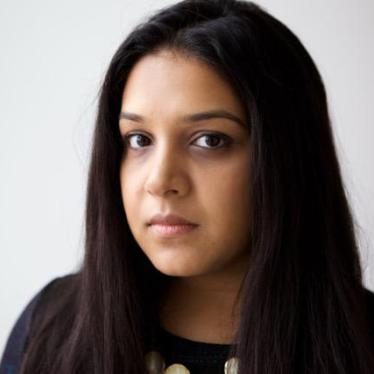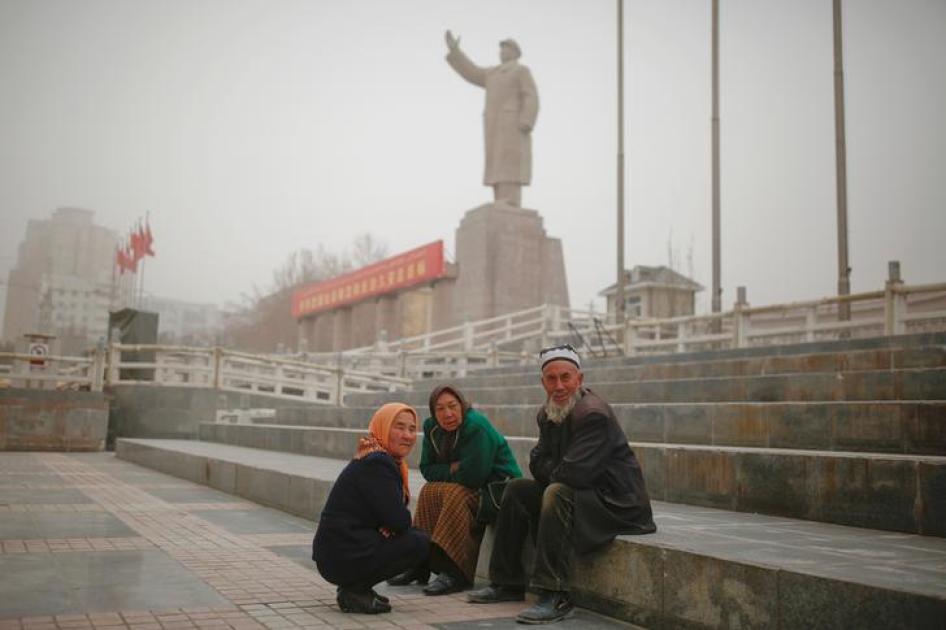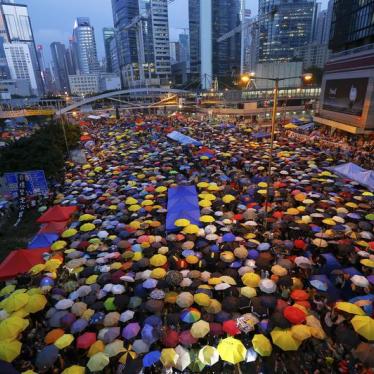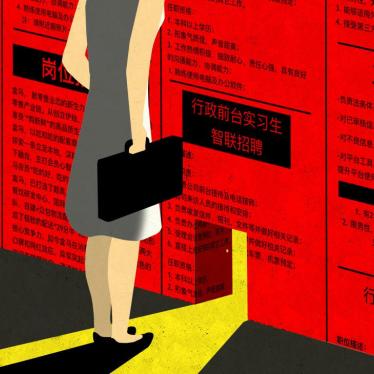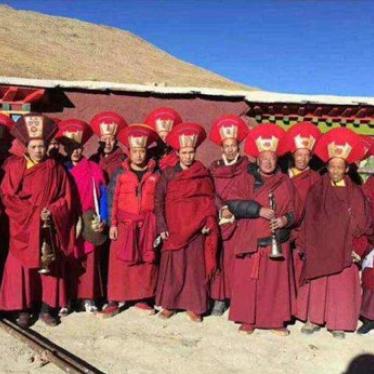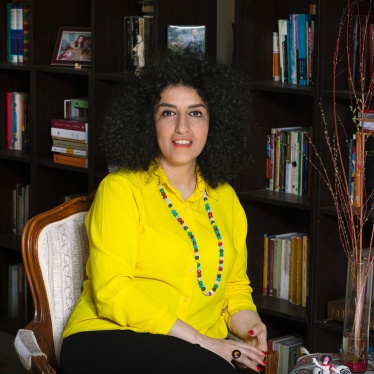The United Nations Security Council, which typically only leaves New York City to travel to conflict zones, is heading to China later this month. Beijing, which currently holds the rotating presidency of the Council, has planned the trip to showcase the cities of Shenzhen and Guangzhou and to spotlight its contributions to UN peacekeeping around the world. So far, Council diplomats seem content to take the trip without addressing the elephant in the room: the Chinese government’s ongoing repression of 13 million Turkic Muslims, one million of whom are arbitrarily detained in “political education camps.”
This year, the ambassadors of the 15 member-Council have taken trips to Afghanistan, Myanmar, and Bangladesh, and the Democratic Republic of Congo. In addition to spending time with political leaders in capital cities, the diplomats also met with those affected by conflict and violence. Unfortunately, it appears they won't get that chance in China.
The Chinese government is facing mounting criticism for its persecution of Turkic Muslims, including Uighurs and Kazakhs, in Xinjiang and abroad. Earlier this month, Chinese diplomats faced tough questions from many Security Council ambassadors’ counterparts in Geneva, especially the Dutch, Americans, French, British, and Swedish, who demanded a change in its policies in Xinjiang. While Chinese diplomats asserted that the camps amounted to little more than vocational training, there is strong evidence—including research by Human Rights Watch—that indicates otherwise. Those detained have described torture and ill-treatment including beatings, being hung from ceilings, and shackling. Documents show that local government officials running these camps bought thousands of batons, cattle prods, handcuffs, tasers, and cans of pepper spray – hardly the tools for vocational training.
Traveling to China in 2018 and skipping Xinjiang feels akin to visiting Cape Town at the height of apartheid and ignoring prisoners on Robben Island.
If the 14 other countries currently sitting on the Security Council accept China’s proposed terms for this trip, they risk enabling abuses in Xinjiang. This trip represents a key test of the idea that great powers can use the fig leaf of sovereignty to get away with atrocities without consequences. Will Council diplomats go along with the charade or use their trip to draw attention to this profound injustice?
